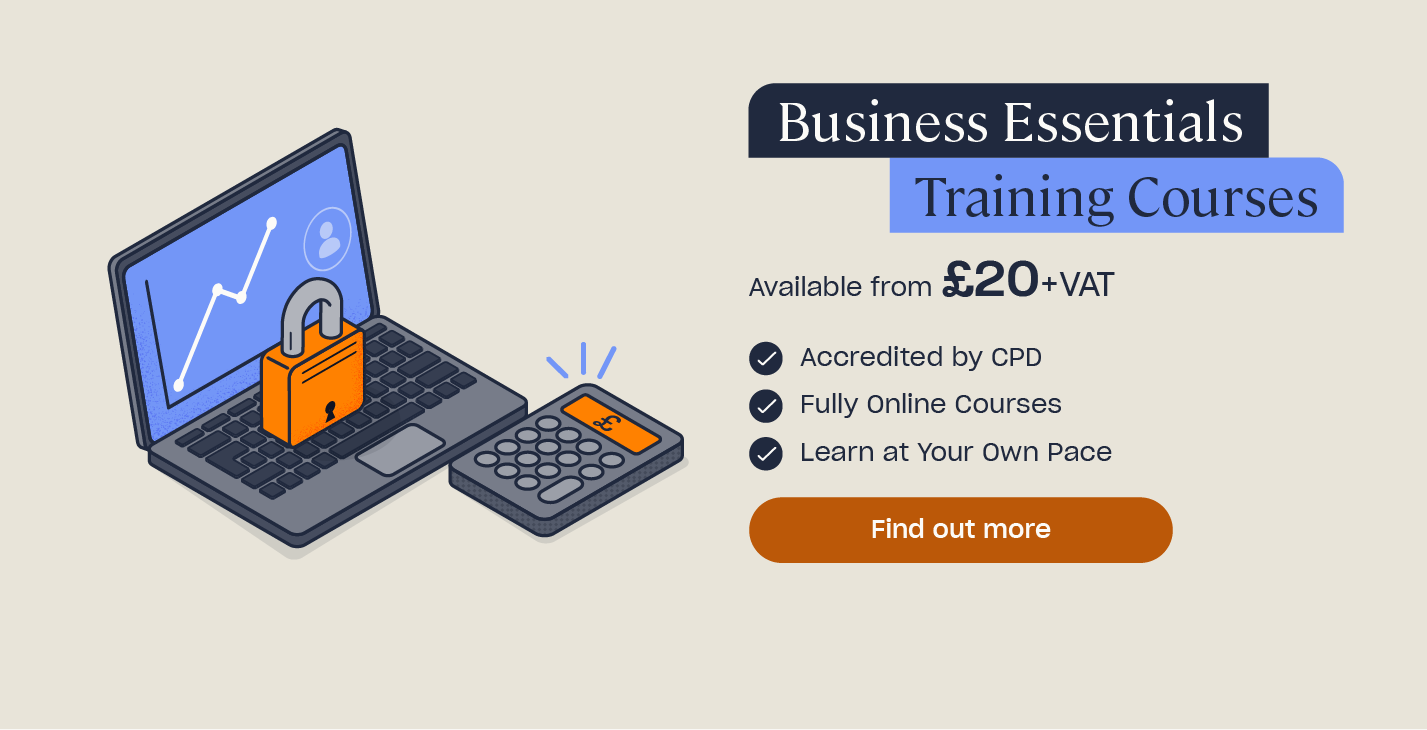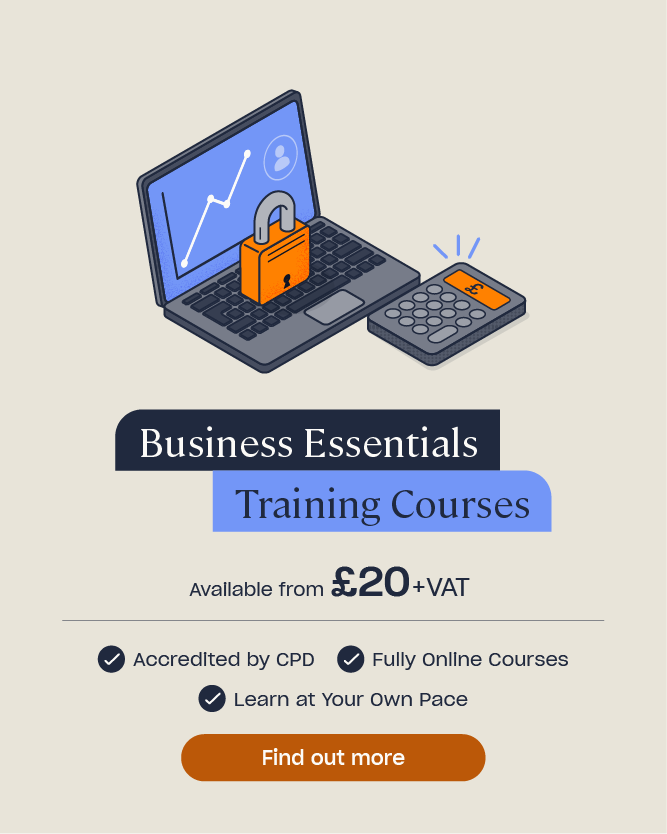How to Find the Right Career for Me
Finding a career you love is something everyone dreams of, but how do you find the right career for you? In this article, we’ll look at the benefits of career planning and help you take those first steps to finding a job you’re proud of, whether you’re a student preparing to leave education, someone looking to get back into work or an employee who feels unsatisfied with their current job role. Everyone deserves to follow a career path they love – you just need to know where to begin.
The Importance of Career Decision Making
Finding the right career for you is essential, not only for making money to live but also for your wellbeing, happiness and life satisfaction. Some people find their perfect career as soon as they leave education but, for others, it can take a lot of trial and error before their dream job comes calling. You may have to work several different jobs in different industries before you realise what’s right for you.
Choosing a career path can feel like a monumental decision, but that doesn’t mean you should shy away from it and it’s more than OK for you to get it wrong and need to change direction throughout your life. What you do in your 30s or 40s might be very different from the career you aspired to in your 20s, and that’s completely fine – the career you choose today doesn’t have to be permanent.
Spending time exploring the right career for you will allow you to make the most of your skills, knowledge, experience, qualifications and interests – all whilst providing you with a great sense of job satisfaction and improving your day-to-day happiness. This is why career decision making is so important.

Benefits of Career Planning
Alongside job satisfaction, there are multiple benefits of career planning, including:
- You’ll recognise industries where you can put your unique skills to good use.
- You can find a role you’re truly passionate about.
- You’ll discover career options that you may not have thought of before.
- You’ll look forward to going to work, knowing you’re doing something worthwhile.
- You’ll identify key areas for further training or education.
- It’ll prevent you from making an uninformed or impulsive decision about a job.
- You can follow your ambitions, life goals and dreams.
What is the First Step in Career Planning?
Before you begin career planning, consider, are you looking for a job or for a career? A job tends to be something you do simply for the money and it might only be short-term, whereas a career is something you’re passionate about and plan to do for as long as possible. Your career can also be described as your catalogue of past jobs and what they say about you – do you specialise in a particular area? Do your past jobs follow a theme or skill set?
A good first step in career planning is to carry out a skills assessment. By answering the questions in a skills assessment – such as this one from the National Careers Service – you can identify your transferable skills and learn more about what you’re good at, what motivates you and what jobs you can do with the skills you have. This is particularly useful if you’re feeling stuck in your current position and need a few ideas of which careers might suit you best.
Alternatively, you could try writing a long list of everything you like doing at work and everything you’re good at. This list can then be sorted into categories to identify your key skills, values and areas of expertise. For example:
- When you consider what you enjoy doing, does it show that you’re strong in areas like time management, communication, management or organisation?
- Are your skills more hands-on or desk-based?
- Do your skills and likes lean towards a certain industry, such as a role in health and social care, education, business, the arts or engineering and construction?
- Do you have a preference for working alone or with a team?
- What qualifications, education, training and certificates do you have?
- What are your values? What’s most important to you in life?
Once you’ve identified your key skills and values, you’re then ready to look at finding a career you love.

How to Find a Career You Love
Finding a career you love is all about aligning your skills, values, preferences and motivations with a job role. Think about which industries suit your personality and transferable skills the best and then spend some time researching the roles available within that industry – simply browsing job search websites to see what’s out there can be a good place to start, even if it’s just to rule out what you definitely don’t want to do.
You’ll also want to spend some time looking into the companies that are advertising positions – do those companies align with your values and preferences? Do you share common goals? Is the salary what you’d expect and does it allow for your desired level of job progression?
If you already have an idea of the sector or role you want to pursue, take a look at our dedicated ‘how to’ guidance below that contains more job-specific information:
- Careers in Health and Social Care
- How to Get a Job in Mental Health
- How to Become a Support Worker
- Careers in Hospitality and Catering
- How to Become a Health and Safety Officer: Key Roles and Responsibilities
- How to Become a SEN Teacher
- How to Become a Dance Teacher
- How to Become a Sports Coach
- How to Become a Security Guard
- How to Become a Construction Worker
- How to Become an Electrician
- Careers in Construction Industry: Opportunities and Roles
- What is a Banksman? Duties and Responsibilities
- How to Become a Bricklayer
- How to Become a Roofer
- How to Become a Food Blogger: Tips & Ideas
- How to Become a Photographer
5 Factors to Consider When Choosing a Career
To find a career that’s right for you, think carefully about the following five questions:
- What qualifications do you have and what types of roles would benefit from your expertise? Is there any further training or further education you’d like to do on a specific topic, that can then be used to pursue a career in that area?
- What are your passions, hobbies and interests and how can these be incorporated into a job role? Perhaps you’re creative, have a good attention to detail or love nature.
- What are your values? It’s important to find a role within a company that shares the same values as you do, otherwise you’re likely to clash.
- What kind of lifestyle would you like to lead? For example, does your career need a high salary or flexible hours to enable you to achieve your desired way of living?
- What motivates you? It could be money, fame, success or autonomy, for example. Understanding this will help you rule out careers that won’t satisfy you.

With some carefully considered career planning, you too can find a job you love. Career planning is all about the prep-work and identifying what you enjoy, what you value and what you’re good at, then you can apply these transferable skills in a career that’s meaningful to you. Remember that there’s no rush to find your dream career and it often takes time to figure out exactly where you want to be, whether you’re in your 20s or 50s!
Further Resources:
- Business Essentials Courses
- How to Switch Careers
- What are Personal Development Goals for Work?
- How to Stand Out in a Virtual Interview: Preparation Tips
- A Personal Development Plan (PDP) Guide & Template







